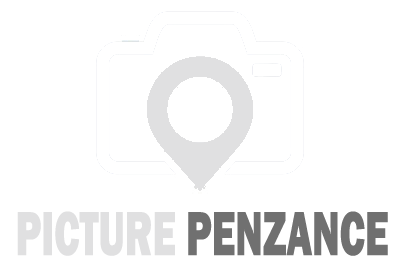Planet Penwith
Super User
Filters:
There are loads of different filters for different uses and effects. I personally recommend using the following three types, these should suffice for anyone wishing to improve their image taking. I also use a fourth, an infra red filter.
Circular polariser
A polarizing filter, used both in color and black and white photography, filters out light polarized perpendicularly to the axis of the filter. This has two applications in photography: it reduces reflections from some surfaces (water etc.), and it can darken the sky.
Ultra Violet
A UV filter in photography is transparent to visible light, and so can be left on the lens for nearly all shots. UV filters are among the least expensive filters, so many people use them as protection for their lenses, although this may not be effective. For this purpose they are preferred over other kinds of filters which are more intrusive, such as neutral density filters.
The UV filter absorbs ultraviolet rays without changing the exposure. With most images, people will not see a difference when a UV filter is used. However, UV filters (in particular filters lacking coating) may introduce flaring and have negative impact on contrast and sharpness, especially when a strong light source is present. The reason I have this one is for protecting the lens front.
Neutral Density or ND
The purpose of neutral density filters is to allow the photographer greater flexibility to change the aperture, exposure time and/or blur of subject in different situations and atmospheric conditions. Examples of this use include:
Hope that helps with some filters
There are loads of different filters for different uses and effects. I personally recommend using the following three types, these should suffice for anyone wishing to improve their image taking. I also use a fourth, an infra red filter.
Circular polariser
A polarizing filter, used both in color and black and white photography, filters out light polarized perpendicularly to the axis of the filter. This has two applications in photography: it reduces reflections from some surfaces (water etc.), and it can darken the sky.
Ultra Violet
A UV filter in photography is transparent to visible light, and so can be left on the lens for nearly all shots. UV filters are among the least expensive filters, so many people use them as protection for their lenses, although this may not be effective. For this purpose they are preferred over other kinds of filters which are more intrusive, such as neutral density filters.
The UV filter absorbs ultraviolet rays without changing the exposure. With most images, people will not see a difference when a UV filter is used. However, UV filters (in particular filters lacking coating) may introduce flaring and have negative impact on contrast and sharpness, especially when a strong light source is present. The reason I have this one is for protecting the lens front.
Neutral Density or ND
The purpose of neutral density filters is to allow the photographer greater flexibility to change the aperture, exposure time and/or blur of subject in different situations and atmospheric conditions. Examples of this use include:
- Blurring water motion (e.g. waterfalls, rivers, oceans).
- Reducing depth of field in very bright light (i.e. daylight).
- When using a flash on a camera with a focal-plane shutter exposure time is limited to the maximum speed -often 1/250th of a second, at best- at which the entire film or sensor is exposed to light at one instant. Without an ND filter this can result in the need to use f8 or higher.
- Using a wider aperture to stay below the diffraction limit.
- Reduce the visibility of moving objects
- Add motion blur to subjects
Hope that helps with some filters
Last edited:

